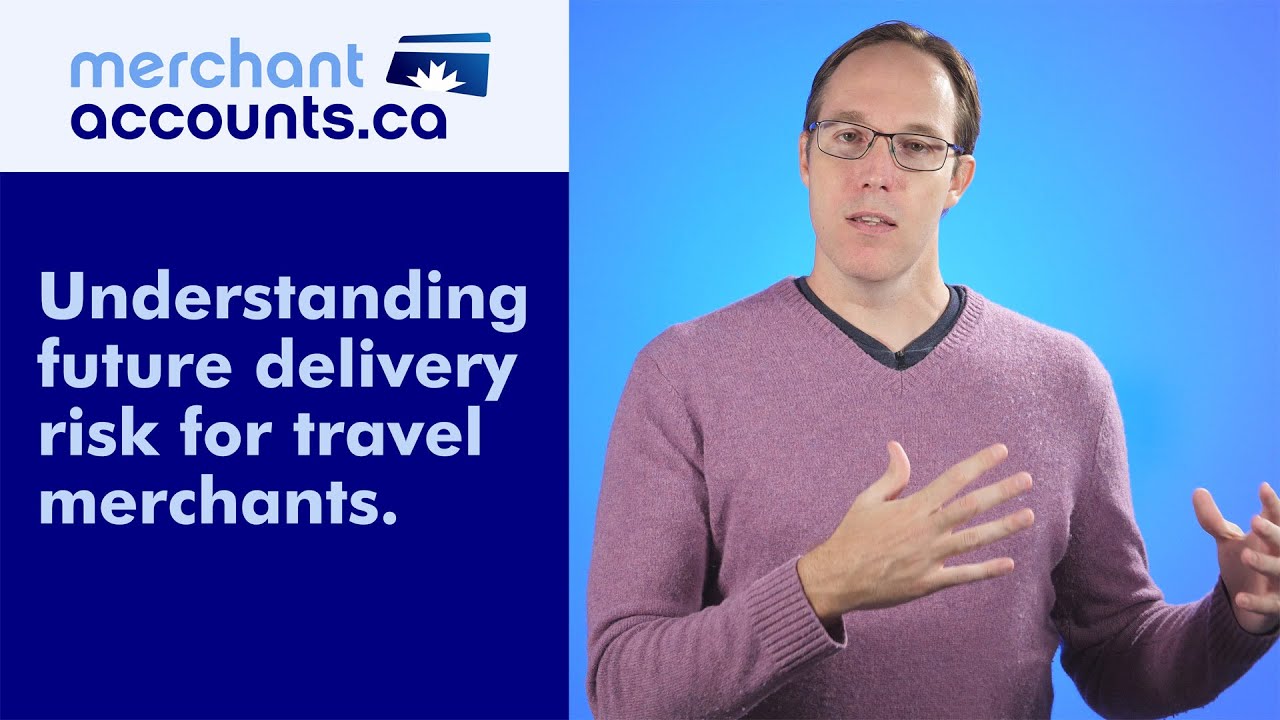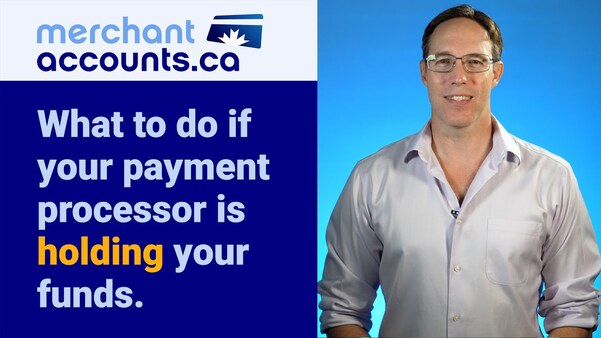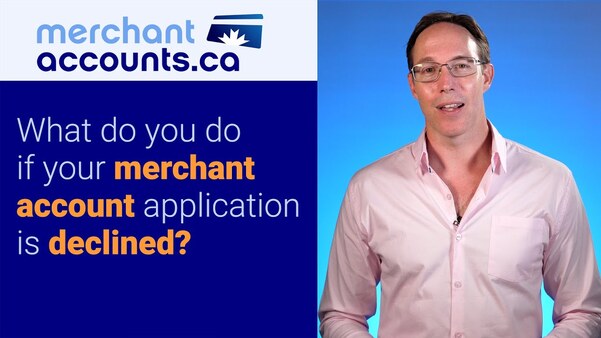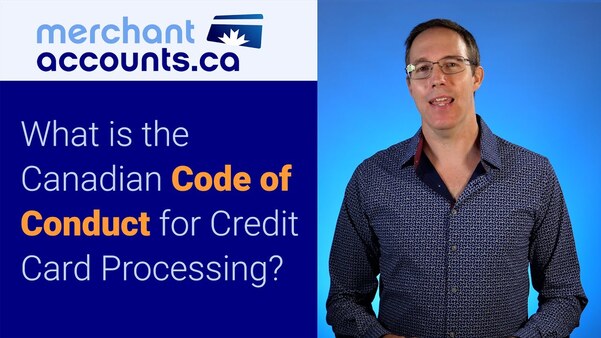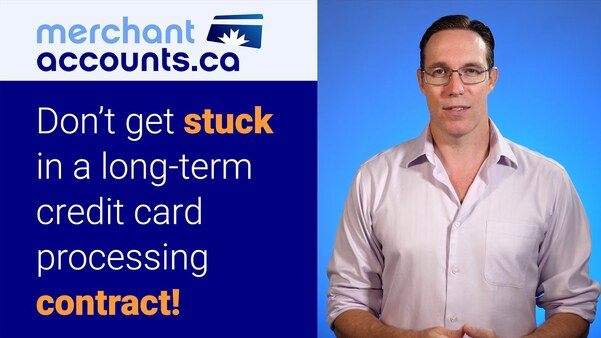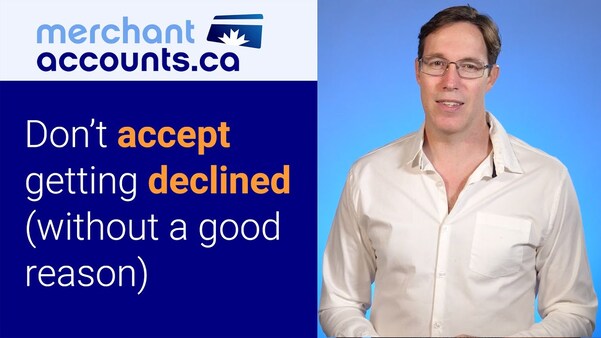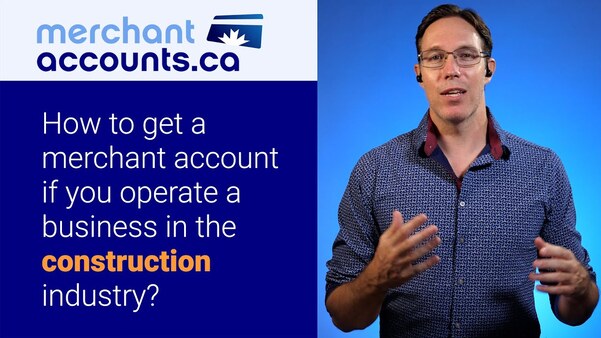Security Reserves for Credit Card Processing: How to Eliminate Them.
Updated on March 15, 2022(Originally posted March 11, 2011)
by David Goodale
Key Takeaways
It's your money... don't let them have it.
This article was first written over 10 years ago in 2011. Since that time it's safe to say that almost nothing has changed, at least in the sense that banks and credit card processors don't want to lose money. In fact, some industries are now even more hard hit when it comes to having reserves and holdbacks. This may be partially because of some losses that payment processors suffered from chargebacks related to the Covid-19 pandemic, or it could be for other reasons. However, the end result is that processors still err on the side of caution, so businesses need to make a strong business case as to why you should not have a security reserve or holdback for your merchant account.
It's interesting that some businesses are passive about this. I'm often asked by prospective clients how much security or collateral (also sometimes called a Rolling Reserve) will be required if they apply for a merchant account. It's true that some very high risk businesses will need to provide some sort of collateral, but the starting point for the discussion should be about why you shouldn't have reserve, or at least why it should be minimized.
Merchants should never be required to provide a security reserve as a standard application requirement, although some processors do seem to implement mandatory security reserves as a standard part of their approval process. (Note, we do not have any default security reserve requirements at Merchant Accounts.ca). In order to determine when a security reserve should be applied (or if one should exist at all), you must first understand why a processor may in some cases require a security reserve.
What is a Security Reserve?
Let me first clarify that a security reserve, or a rolling reserve, is an amount of money that the processor holds back after a credit card transaction is processed. For example, a 90 day, 10% rolling reserve would mean that when a credit card payment is processed, the merchant is sent 90% of their funds as normal. However, in this example 10% of the funds are held back for a period of 90 days.
Now that we understand what a security reserve is, you must understand why it exists. Without going into too great of detail (beyond the scope of this discussion), you must understand that when a credit card payment is processed, the credit card processor is exposed to some risk in that a cardholder (the end customer who purchased something) can always dispute a transaction. If a dispute occurs, the chargeback resolution process begins. This is where your credit card processor will try to defend the transaction on your behalf. The scope of defending against a chargeback is also beyond the scope of this article. We should simply clarify for now that if a dispute happens it may be decided that funds must be returned to the cardholder. If this happens, and if for some reason the merchant is not financially capable of returning those funds, then the processor is on the hook because no matter what the funds from that credit card payment must be returned to the cardholder.
You should now have a general understanding of the concept of risk and the fact that some products or services carry more risk (more likelihood of potential disputes) than other products or services. With these concepts firmly in mind, you can now understand why some businesses are considered riskier than others, and why some merchants may have a security reserve applied to their account while others may not.
A Security Reserve Should Never Be Required... Unless...
This all ties back to the original question. You should not have to ask "What type of security reserve is required for approval?". You should be asking "How likely is it, based on the information that I've provided, that a security reserve or rolling reserve will be applied to my account?.
There should be absolutely no security reserve whatsoever if you operate a low risk business, especially if you have financials and have an established credit card processing history (and in most cases it still shouldn't be required even if you are a startup). Security should only be required if the underwriter who reviews your application considers your business to be higher risk (carry a significant likelihood for chargebacks, disputes, or if it's questionable whether the company will be able to continue operating in a stable and consistent manner).
Voice Your Concerns, Negotiate The Reserve Criteria
If you are speaking to a credit card processor and there is a default security reserve I would negotiate on this point, or research another provider. This is not to imply that a security reserve should never be required, it's simply to say that a security reserve should never be required by default.
The vast majority of our clients have no security reserve whatsoever. In cases when a security reserve is required we do not dictate the terms of the reserve to the client. We first get a very solid understanding of the clients business, their fulfillment cycle and overhead/operating costs, and work with them to come up with a reserve that will satisfy our risk concerns, while not shackling their business or causing a cashflow problem. This may seem obvious, but I often receive calls (particularly from startups) who have been offered approval somewhere else with a reserve requirement that is obviously going to cause damage, or at the very least put a severe cashflow strain on the business. I can't speak for other processors, but we work very closely with our clients (in the rare cases when a reserve is required) to come up with security that they can work with and won't be an anchor on their business.
More than anything else, remember that security reserves should always be negotiable. In cases where there is a reserve is required your processor should be willing to work with you on the issue (at the very least to the point of having a discussion about it and trying to work with you on it).
No Security Reserve Should Be Permanent
The last thing to remember is that no security reserve should be permanent. I always encourage my clients to ask for a review after 6 months, or 1 year of processing. The reason why is because your track record will speak for itself. If the primary concern revolves around chargbacks and potential disputes, and if you haven't had any after many months of processing, then you have some strong ammunition to work with in terms of taking it to the underwriter and asking for a review of the reserve criteria.
When taking on a new client, I always take time to draw upon my expertise to determine if the underwriter is likely to have concerns regarding approval. If so, I work with them to develop a plan of attack to put together information that will strengthen the application and reduce the likelihood of a significant security reserve requirement.
If you think your business may be considered high risk, or if you have concerns regarding approval or security reserves, then don't be afraid to bring this point up. It's always best to be honest and take a proactive approach. By doing so it will ensure your application is presented in the best possible light in order to achieve approval. This concept ties into how to position and strengthen your application, which is a topic that I will be discussing here in a future article.
Need professional guidance?
Contact us for a free one hour consultation.
Can I Help Lower Your Processing Fees?
If you found this content helpful, will you give me the opportunity to quote on your business?
View Rates



